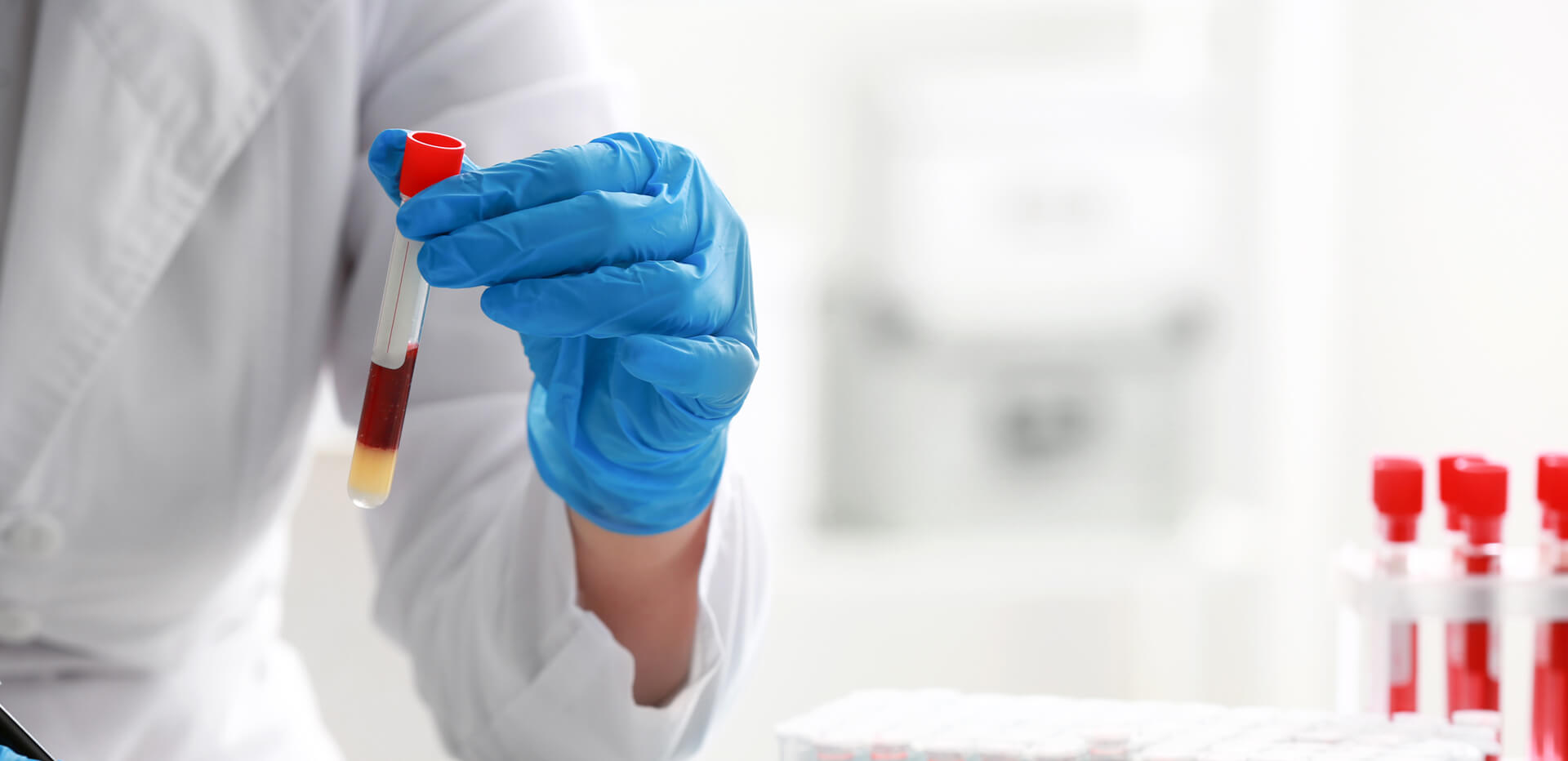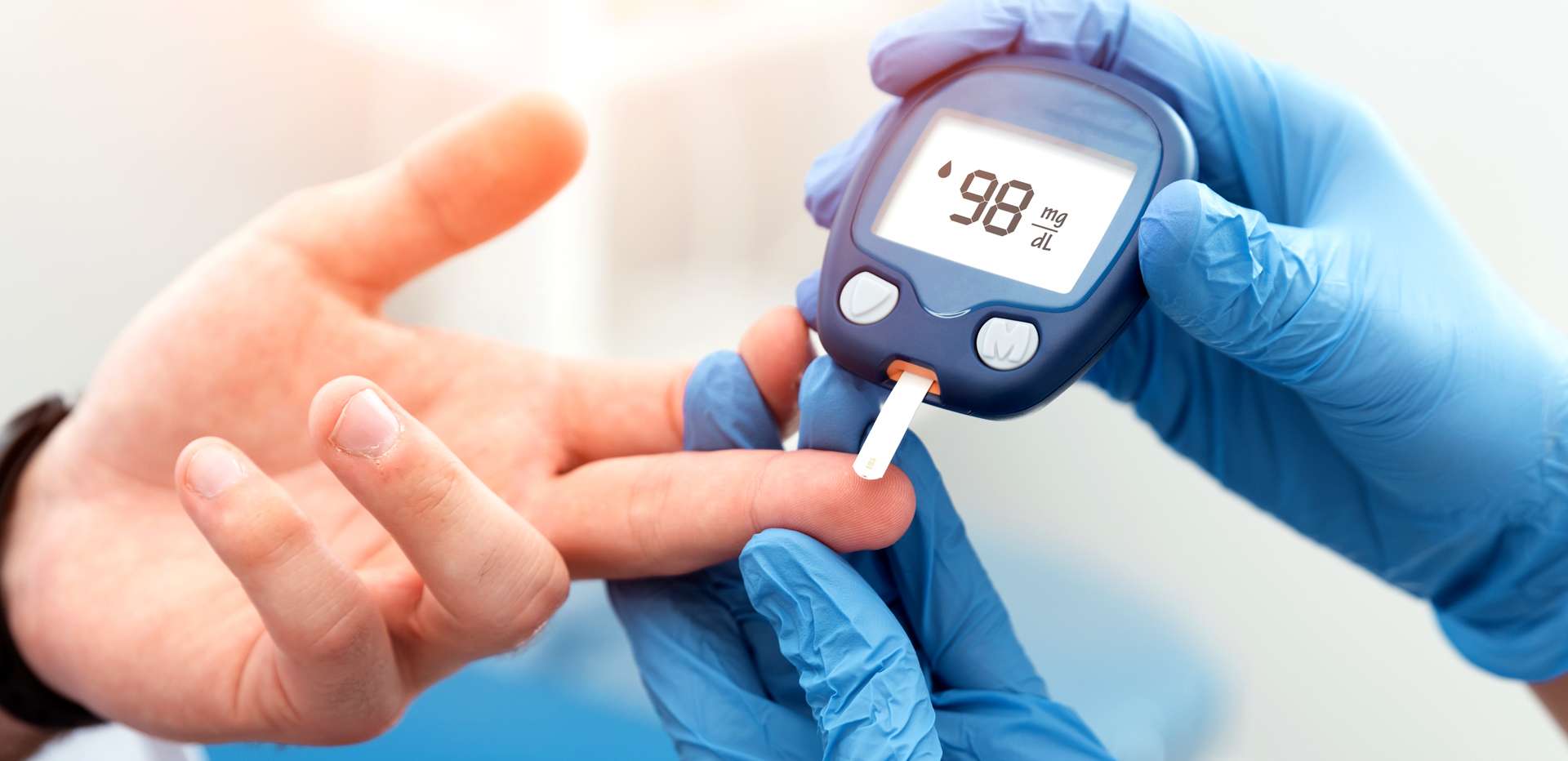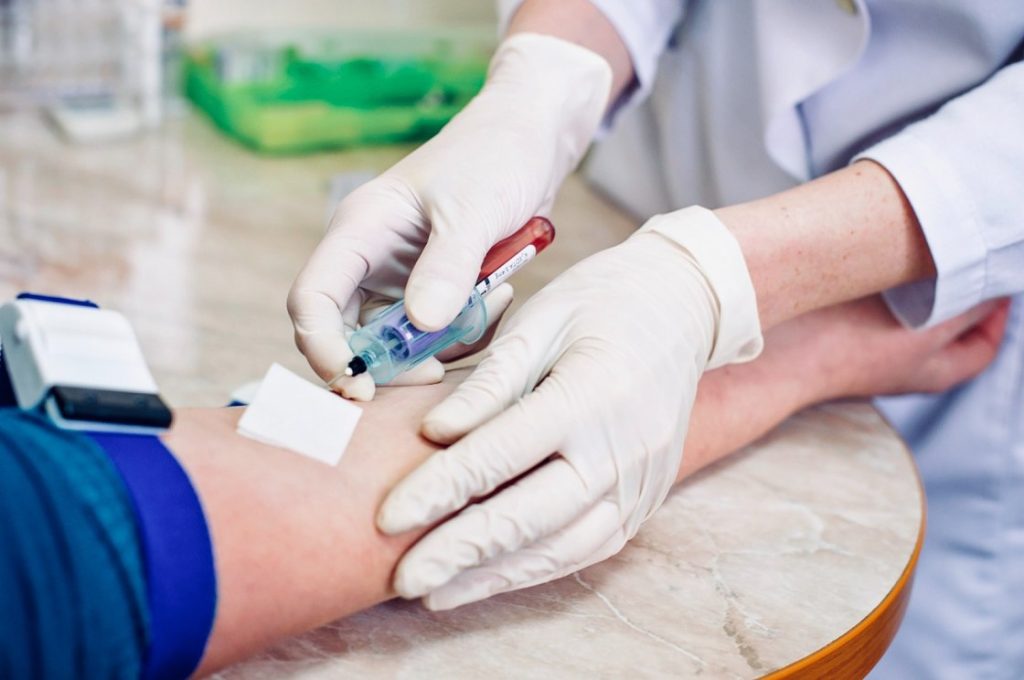To effectively spot infection indicators in a blood test, understanding the basics of how infections affect blood parameters is important. A blood test, often called a full blood count (FBC) or complete blood count (CBC), is a common diagnostic tool used to detect various health conditions, including health infections. Here’s a detailed guide on how to interpret infection indicators in a blood test.
What are Blood Tests?
Blood tests, also known as blood work or blood panels, are laboratory tests that analyse a sample of blood drawn from a patient. These tests are fundamental diagnostic tools used by our pharmacists to assess various aspects of a person’s health and to detect, diagnose and monitor a wide range of conditions.
Blood tests examine different components of blood, including:
- White Blood Cells (WBCs): These are key indicators of infection. WBCs defend the body against infections and their levels rise in response to bacterial, viral or fungal infections.
- Neutrophils: A type of WBC, neutrophils increase rapidly during bacterial infections. They play a critical role in the body’s immune response to bacterial invaders.
- Lymphocytes: These WBCs respond to viral infections and other pathogens. Elevated levels may indicate viral infections or certain immune disorders.
- C-reactive Protein (CRP): CRP levels rise in response to inflammation, which often accompanies infections. Elevated CRP levels suggest an ongoing infection or inflammatory process.
- Erythrocyte Sedimentation Rate (ESR): This test measures how quickly red blood cells settle at the bottom of a test tube. Elevated ESR levels can indicate inflammation, often due to infections.
Common Infection Indicators in Blood Tests
Infection indicators in blood tests are important for diagnosing and monitoring various types of infections. These tests help healthcare providers identify specific pathogens or assess the body’s immune response to infections. Here are some common infection indicators detected through blood tests:
Elevated White Blood Cell Count
A high WBC count (leukocytosis) often indicates infection. Normal WBC count ranges from 4,000 to 11,000 cells per microliter of blood. Higher counts suggest the body is fighting an infection.
Increased Neutrophil Count (Neutrophilia)
Neutrophils are the first responders to bacterial infections. A high neutrophil count, beyond the normal range of 55-70% of total WBCs, indicates bacterial infection.
Lymphocytosis
Elevated lymphocyte levels can indicate viral infections, such as influenza or mononucleosis. Normal lymphocyte count ranges from 1,000 to 4,800 cells per microliter of blood.
Elevated C-reactive Protein (CRP)
CRP is a protein produced by the liver in response to inflammation. Levels above 10 mg/L suggest inflammation, which can be due to infections or other inflammatory conditions.
High Erythrocyte Sedimentation Rate (ESR)
ESR measures how quickly red blood cells settle in a tube of blood. Elevated ESR levels (over 20 mm/hr for men, over 30 mm/hr for women) indicate inflammation, often linked to infections.
How to interpret the Results of A Blood Test?
Interpreting the results of a blood test requires understanding the significance of various parameters measured and how they relate to overall health or specific conditions. Here’s a comprehensive guide on how to interpret blood test results:
- Consultation: Discuss your results with our pharmacists who can explain what the numbers mean in the context of your health.
- Follow-up Tests: Sometimes, additional tests may be needed to confirm or further investigate suspected infections.
Schedule Your Blood Test Online Today with Touchwood Pharmacy
Spotting infection indicators in a blood test involves understanding how various blood parameters react to infections. Elevated white blood cell count, increased neutrophils, lymphocytosis, high CRP and elevated ESR are common indicators seen in blood tests during infections.
Book your blood test online today with Touchwood Pharmacy for convenient and prompt service. Whether you need a full blood count or specific infection markers checked, our easy online booking makes it hassle-free. Schedule your appointment and take charge of your health. Book now to ensure peace of mind with reliable results.


























